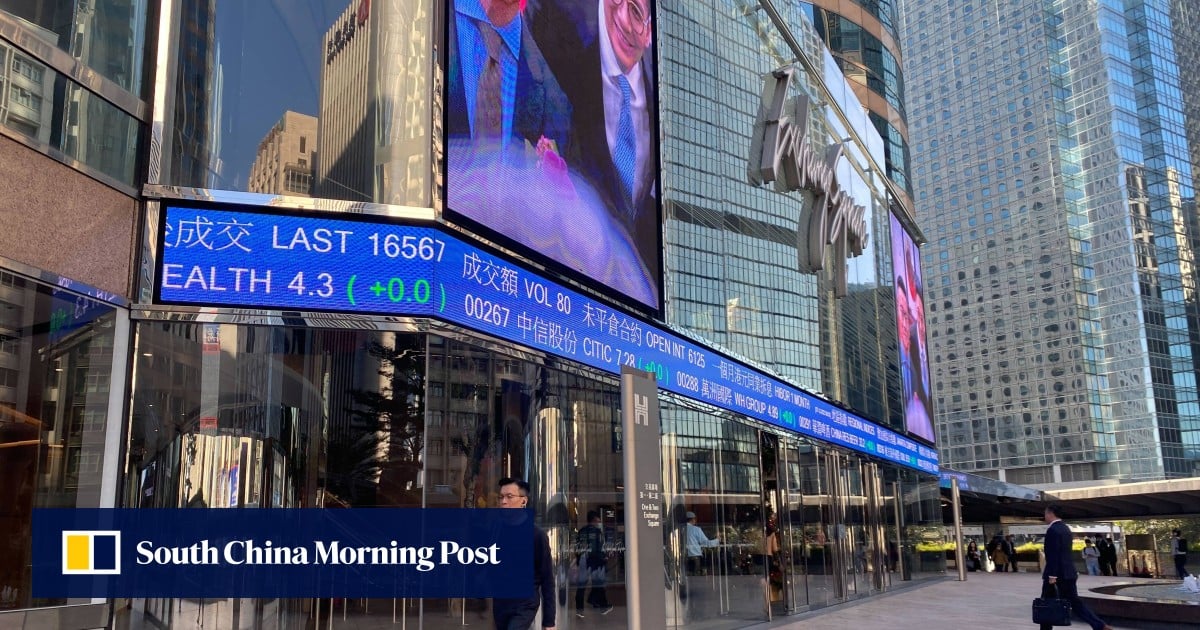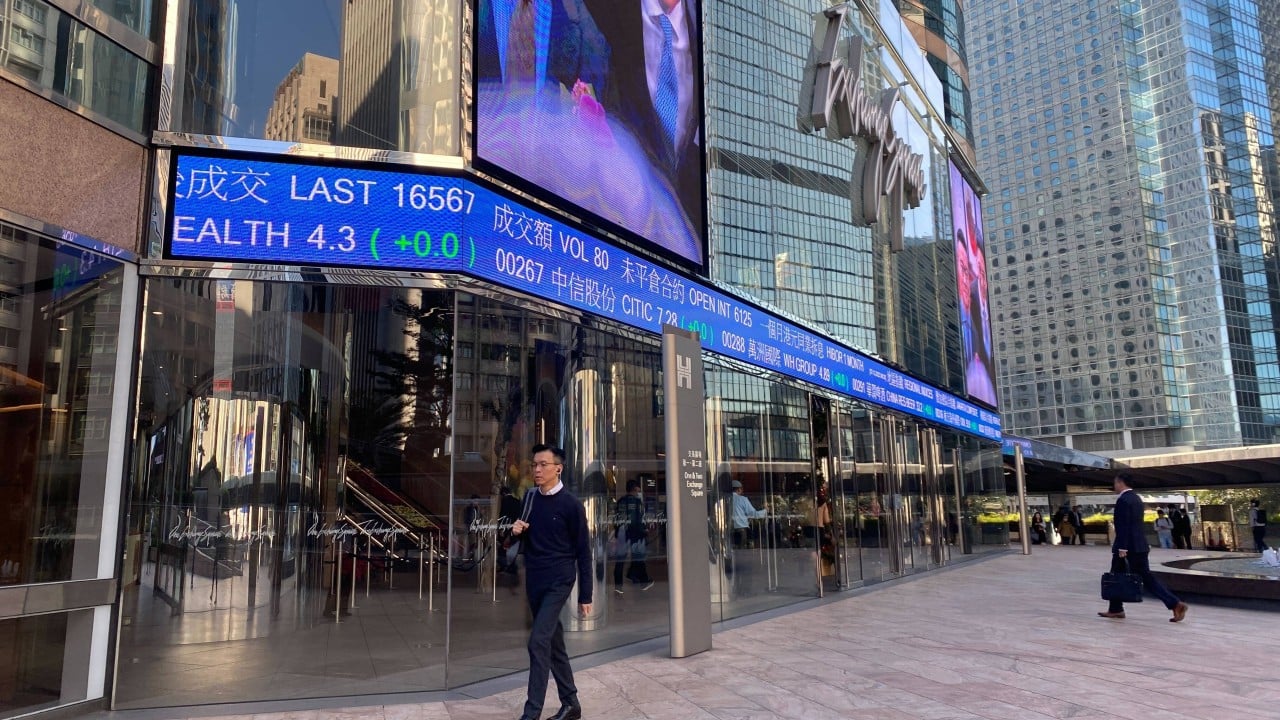
13 Mar Hong Kong-listed companies pour spare cash into stock buy-backs, washing away the red ink from Hang Seng Index

In an average month over the last five years, 121 firms have bought back 8 billion yuan worth of shares on China’s stock exchanges. In February 2024 alone, 669 firms completed or implemented buy-backs worth 55 billion yuan, according to Allianz. It said sectors with a high proportion of state-owned enterprises where buy-backs are likely include energy, materials, telecoms and industrials.
Stepped-up share buy-backs will add further momentum in reviving investor confidence after recent data showed an uptick in Chinese consumer prices and President Xi Jinping’s call for a “new-quality productive force” spurred optimism about a pivot to an economy more reliant on tech innovation and consumption.
“Buy-backs are typically seen at a time when the market trades at or close to the bottom,” said Ren Lang, an analyst at Kaiyuan Securities. “Buy-backs are very indicative in flagging that valuations and share prices are low. They can have a material impact on supporting stock prices.”
The Hang Seng Index jumped 3.1 per cent to 17,093.50 on Tuesday, closing at its highest since November 28. Among the benchmark constituents that posted hefty gains were drug maker Wuxi AppTec which said it spent 50 million yuan (US$7 million) on buy-backs.
“The momentum in share buy-back has signalled the improving corporate confidence before the upcoming results releases mainly in late February and March,” said index compiler Hang Seng Indexes in a report last month. “This would help boost market sentiment and attract investors that focus on long-term funds.”
However, buy-backs are not a guaranteed cure for a weak stock market performance. The Hang Seng Index fell 14 per cent in 2023, a year of record repurchases. Tencent Holdings, which bought back the most with HK$48.4 billion of stock repurchases, dropped 7.5 per cent in the span.
“When the companies believe their listed shares are currently undervalued and expect a meaningful re-rating in future, they would perform share buy-back to support the share price, improve their financials, and enhance shareholders’ return,” said Hang Seng Indexes.
